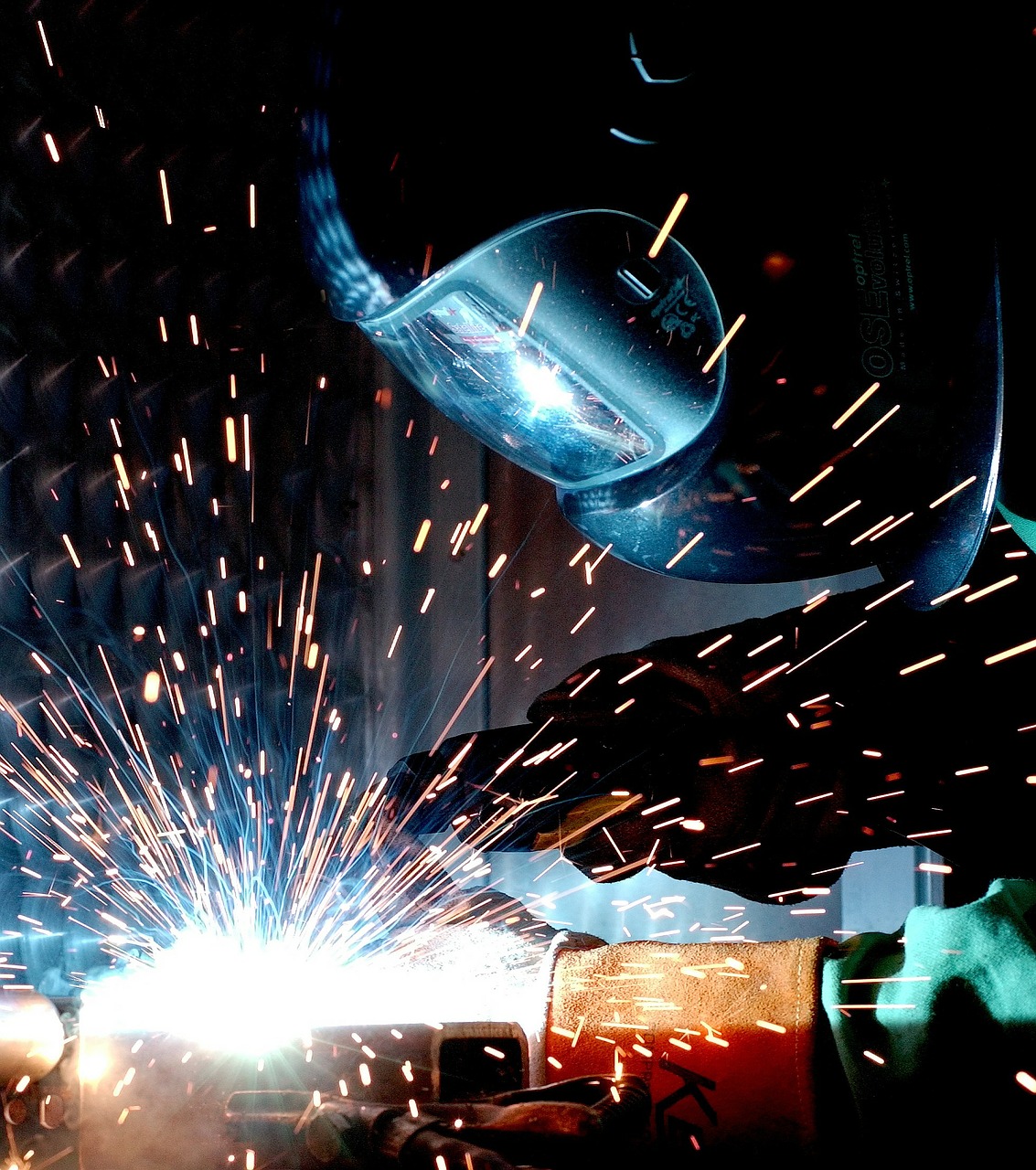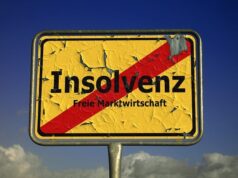
It is well known that German family businesses are at the top of the global economy. Now a ZEW study shows that you are also a job engine and grow faster than Dax companies.
Between 2007 and 2016, the 500 largest family businesses increased their workforce in Germany by 23 percent to 2.54 million, according to the study published on Monday by the Center for European Economic Research (ZEW) and the Institute for SME Research (ifm). The 27 Dax companies, which are not family businesses, were therefore only an increase of four percent to 1.55 million.
The world’s 500 largest German family businesses have also created many new jobs worldwide. In 2016, based on headcount, more than five million people worked for these companies, which equates to 27% employment growth since 2007.
„Anchor of stability“
„Family businesses are the anchor of stability in the German economy in difficult times,“ said Brun-Hagen Hennerkes, CEO of the Foundation for Family Business, which commissioned the study.
In fact, family businesses significantly shape Germany as a business location. A good nine out of ten private companies in Germany were family businesses in 2017. They employ almost 60 percent of private sector employees.
Stronger sales growth
Also measured in terms of sales, the 500 companies grew stronger than the 27 Dax companies, the study said. They increased their group-wide revenues by 36 percent during the investigation period. The Dax companies came up with a growth of 29 percent.
According to the study, on average, revenue among the 500 strongest family businesses increased by 3.7 percent per year over the period under review. For the Dax companies, they increased by around three percent on average. The Dax-listed family-owned companies Merck, Beiersdorf and Henkel are among the top 500 family companies considered.
90 percent of private companies
However, family-owned companies are significantly smaller than family owned businesses, both in terms of employee numbers and sales. Family-owned companies generated on average about one third of the turnover of non-family-owned companies in the reporting period.
Further course information about Henkel ST
Further course information about Beiersdorf
Further course information on Merck KGaA
A company is considered to be family-controlled if it is majority-owned by a manageable number of natural individuals. The study shows that the private sector is dominated by family businesses: more than 90 percent of private enterprises are controlled by families, and 86 percent are even owner-managed family businesses.
The Dax lists the 30 largest listed companies. These include Beiersdorf, Henkel and Merck, three groups that are considered family businesses.



